Programs / Special Reports
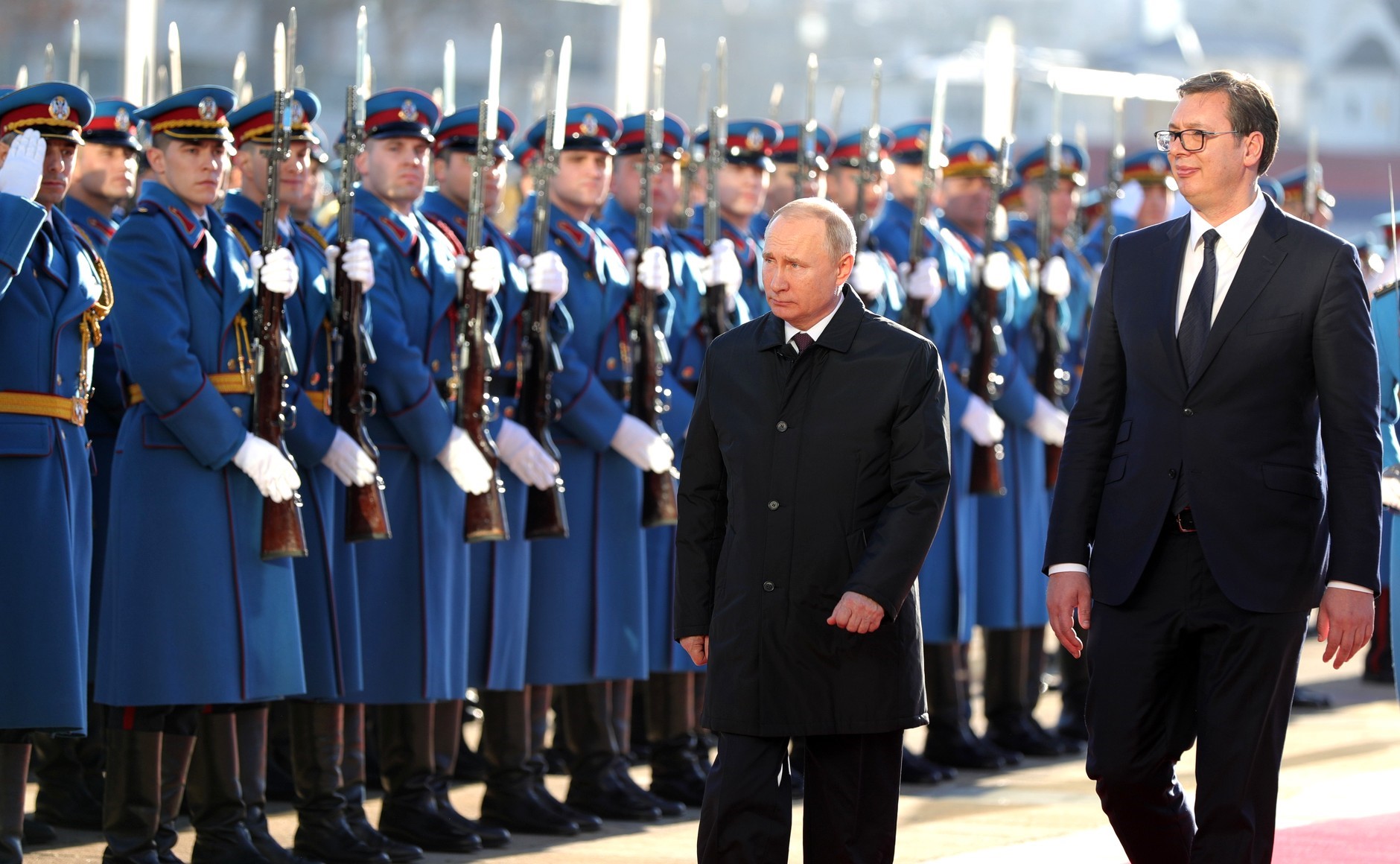
Russia’s Hybrid Warfare in the Western Balkans
Russia sees further processes of NATO and EU enlargement to the Western Balkans as a potential threat, hoping to keep the region away from these Western structures. Russia destabilizes the region by sustaining “frozen conflicts” and escalating tensions.

Mare Nostrum Strategy: Russian Military Activity in the Black Sea
Owing to its geographic location, Russia’s prerequisite to acquire and maintain the status of a superpower has long been to seize and retain control over two maritime “windows to the world.” This strategy was first mapped out by Peter the Great and led to multiple wars in the Baltic and Black Seas.
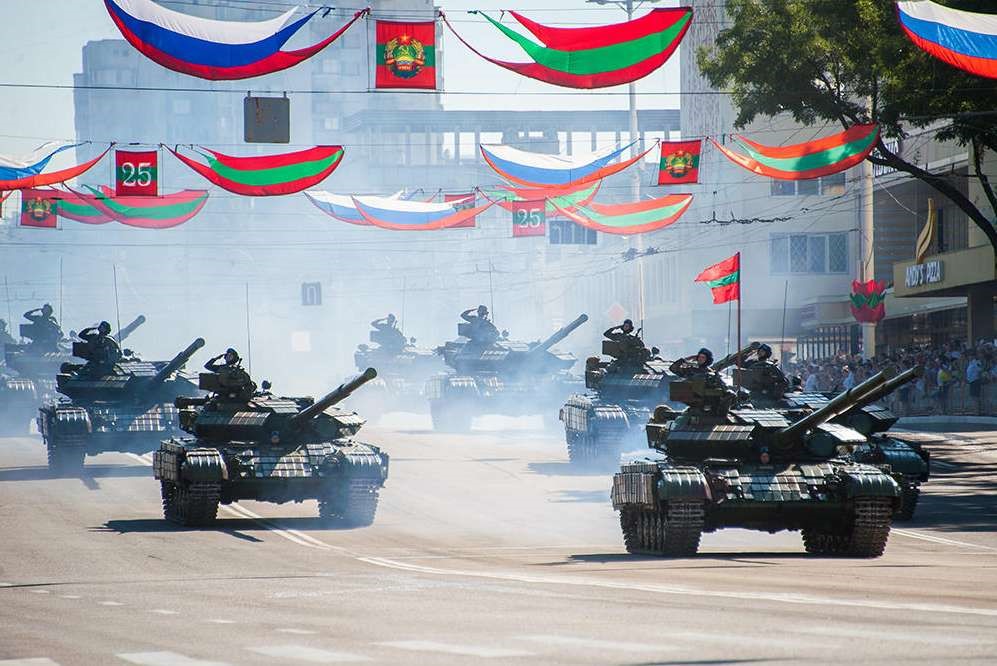
Post-Soviet Frozen Conflicts: A Challenge for European Security
Frozen conflicts occur in regions of the countries that are no longer controlled by the central authorities. Such zones remain under the jurisdiction of separatists who conduct a peace dialogue with state officials in a bid to empower their own governments.
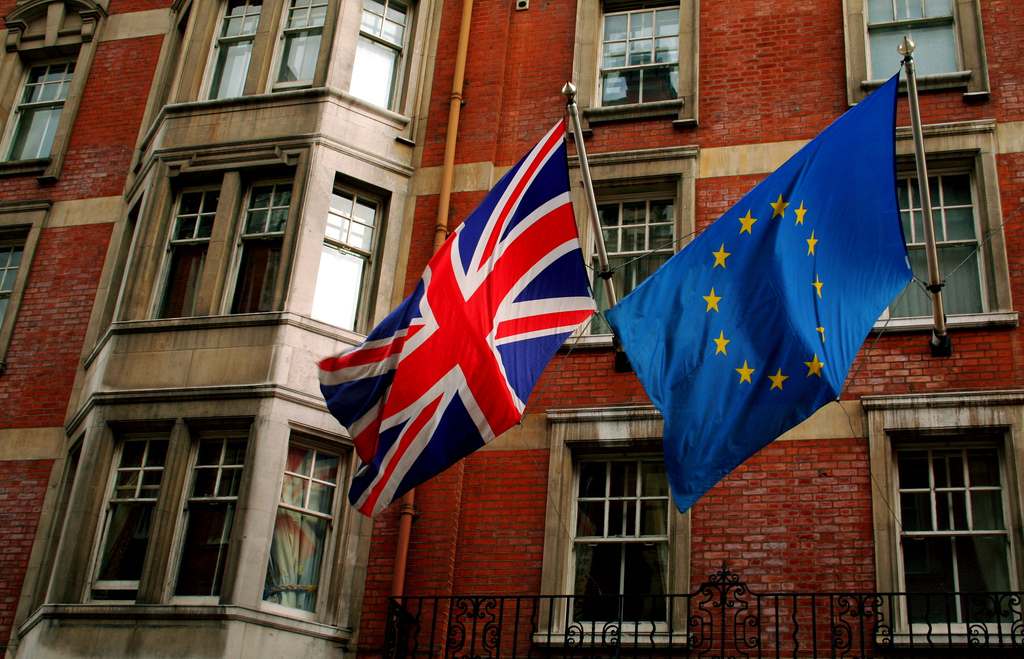
Brexit: A Geopolitical Perspective
Britain’s exit from the European Union, commonly referred to as Brexit, will have far-reaching geopolitical consequences for both the United Kingdom and the entire European community.
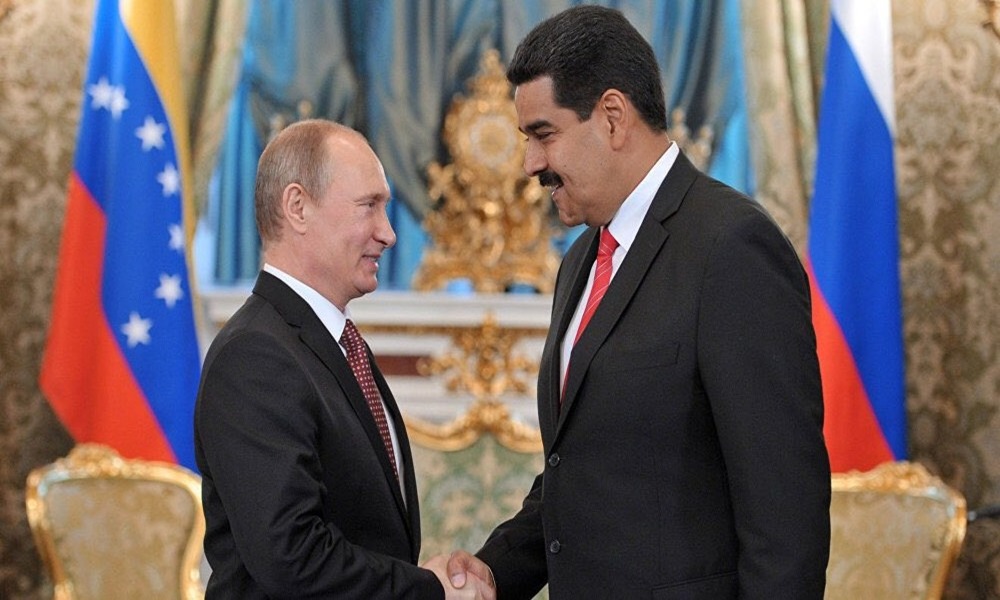
U.S. Foothold – Russian stance towards crisis in Venezuela
Maduro is not yet fighting a losing battle against the opposition for tho reasons. First, Venezuela’s military has pledged its loyalty to the leader since the beginning of the crisis. Secondly, the government in Caracas is in the hopes for getting support from the world’s top players–with Russia at the forefront–because Moscow’s assistance is essential to back the country’s armed forces.
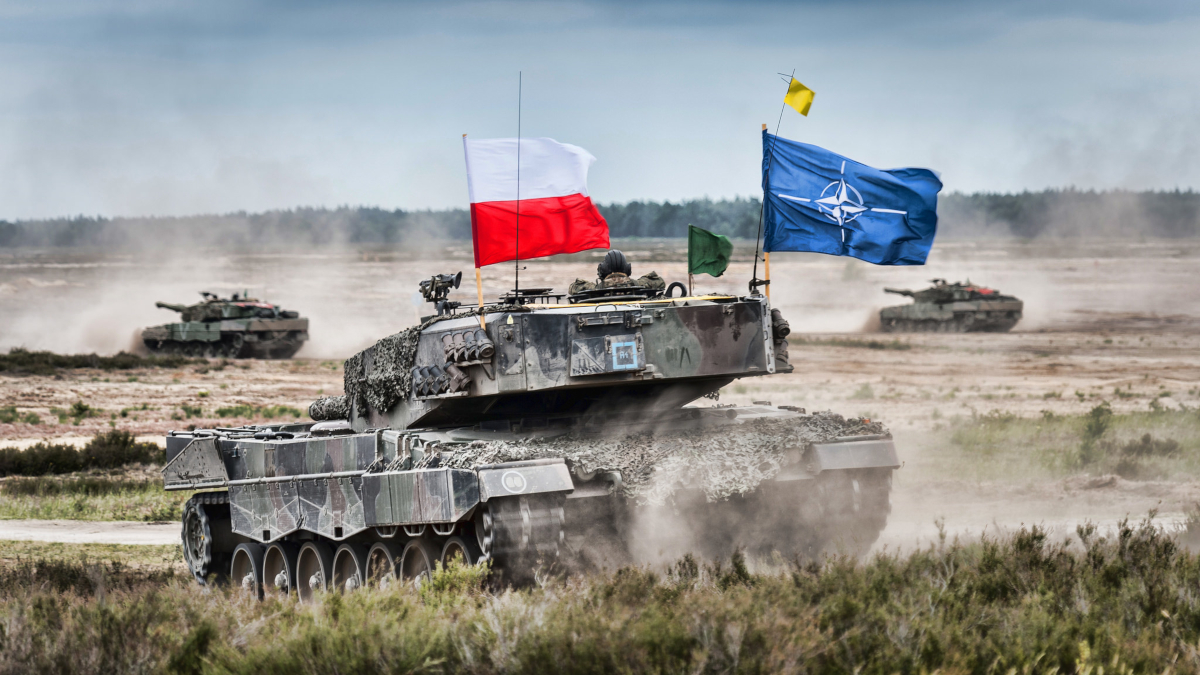
U.S. Permanent Military Base in Poland: Favorable Solution For the NATO Alliance
This following report captures the idea of a permanent US base in Poland in the geopolitical context, along with its consequences for NATO and Central and Eastern Europe. This paper was supplemented with comments from experts from the United States, Lithuania and Romania to show a broader perspective on the creation of a U.S. permanent military facility on Alliance’s Eastern Flank.

Ukraine–Nord Stream 2: Struggle Over Gas Transit
The Nord Stream 2 natural gas pipeline project is primarily perceived in terms of a political venture that goes against basic EU principles and poses threat to European solidarity.
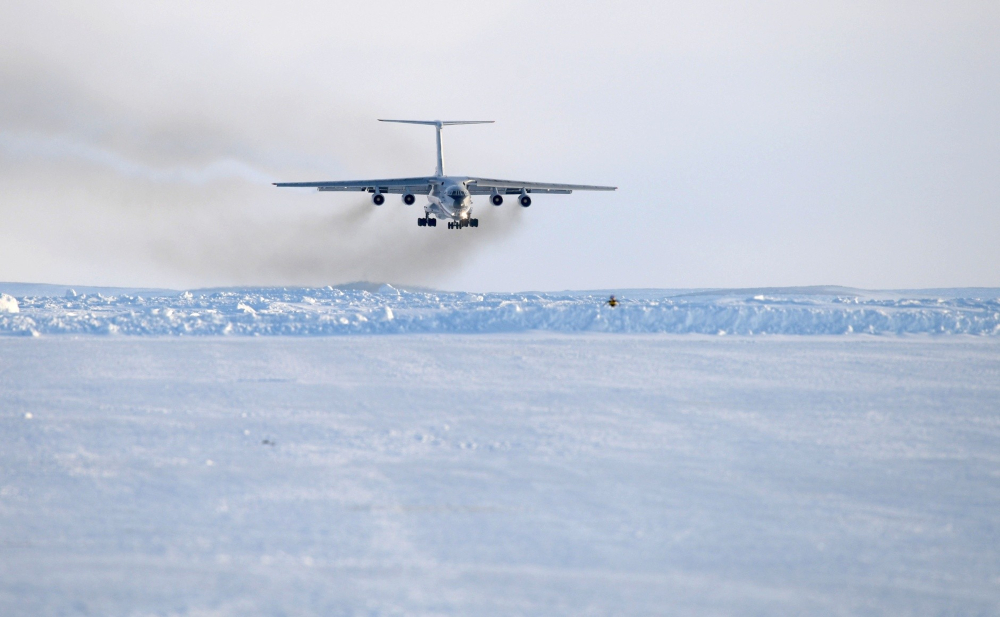
Russian Policy Towards the Arctic
From Russia’s perspective, all ongoing climate changes “pave the way” for the development of shipping and profitable exploitation of energy resources in the Arctic region, though, due to the melting permafrost, they may pose a threat to the local land infrastructure.

Development of Defence Policy and Armaments Industry in the European Union
The aim of the following report is to analyze the development of the EU’s common security and defence policy (CSDP) as well as Europe’s armaments industry. The study involves a geo-economic perspective, pointing out how economic instruments may facilitate achieving geopolitical goals.
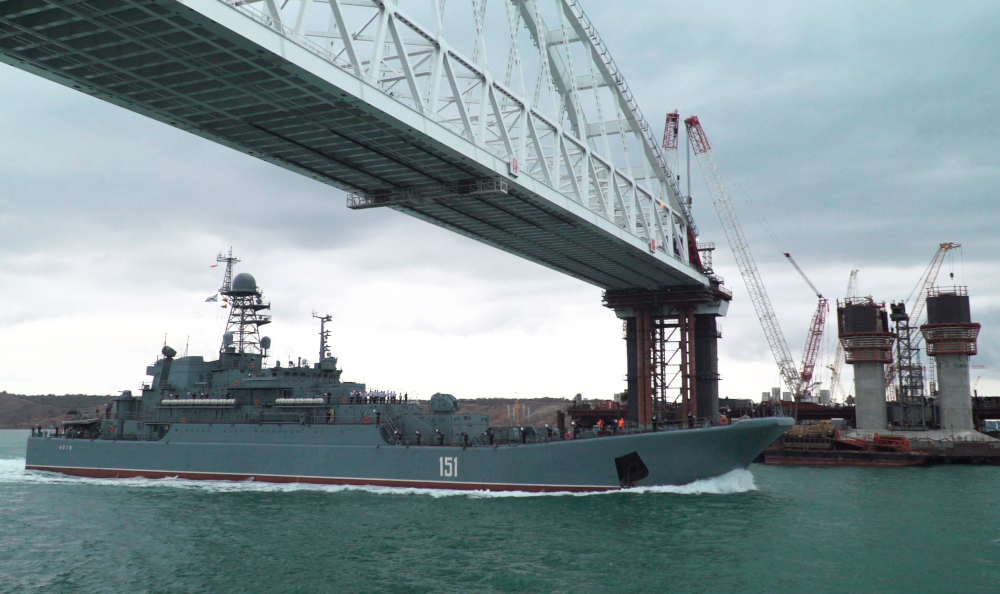
Russia’s Strategic Considerations on the Sea of Azov
On November 25 all eyes turned towards the Azov Sea. An incident in the Kerch strait between Russian and Ukrainian vessels was commented by some experts to be the start for the next stage of the conflict between Russia and Ukraine.
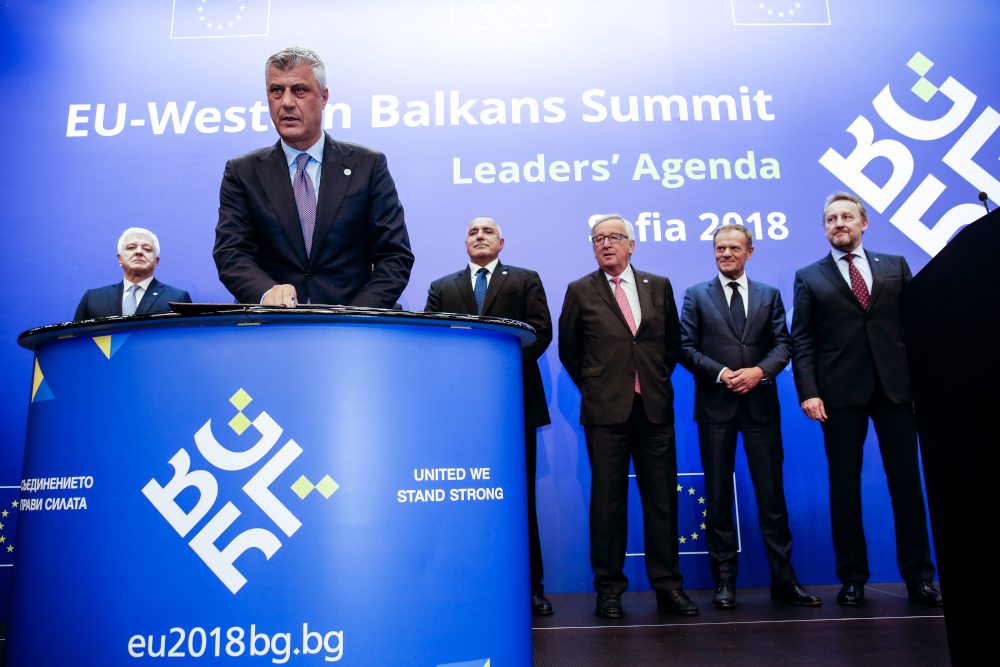
Western Balkans between China, Russia, EU and Turkey
The region of the Western Balkans comprises the countries of the Balkan Peninsula that found themselves surrounded by the EU Member States after the accession of Hungary and Slovenia (2004), Bulgaria and Romania (2007), and Croatia (2013) to the European structures. Outside the EU structures are Albania, Bosnia and Herzegovina, Former Yugoslav Republic of Macedonia (FYROM), Montenegro, Serbia, and Kosovo.
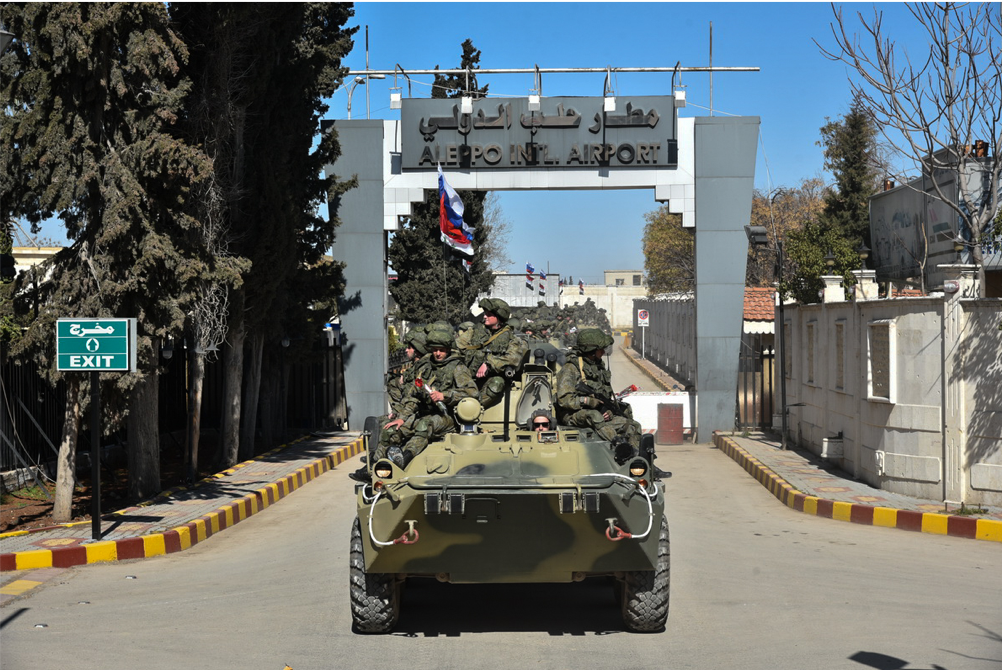
Russia Falls in a Syrian Trap
Three years past the military operation in Syria, Russia managed to achieve its goal, saving the regime of its ally, President Bashar al-Assad. Nonetheless, it failed to restore control over the entire territory of the country – or at least its most important regions. The state’s main sources of income (including gas and oil) are currently occupied by Kurds who enjoy support of the United States.
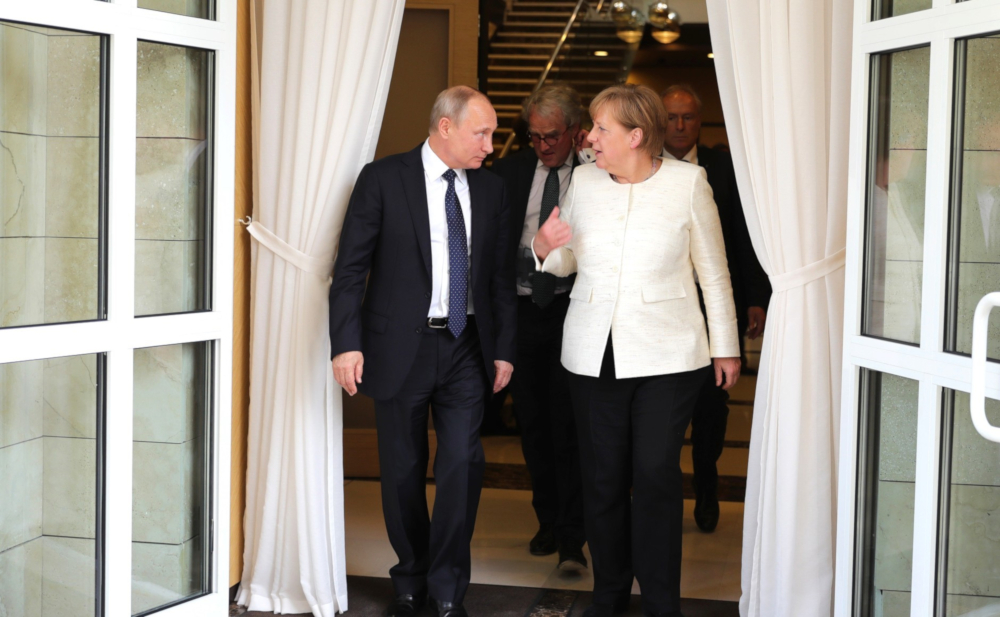
German-Russian Rapprochement: Gas and Common Enemies
Over recent months, Germany has been systematically striving for better relations with Russia while its alliance with the United States seems to have plunged into a crisis. Nonetheless, such state of matters can be neither referred to as temporary nor related to the Trump administration. Instead, the ongoing changes are of lasting character and stem from a series of conditions being independent from political decision of the incumbent.
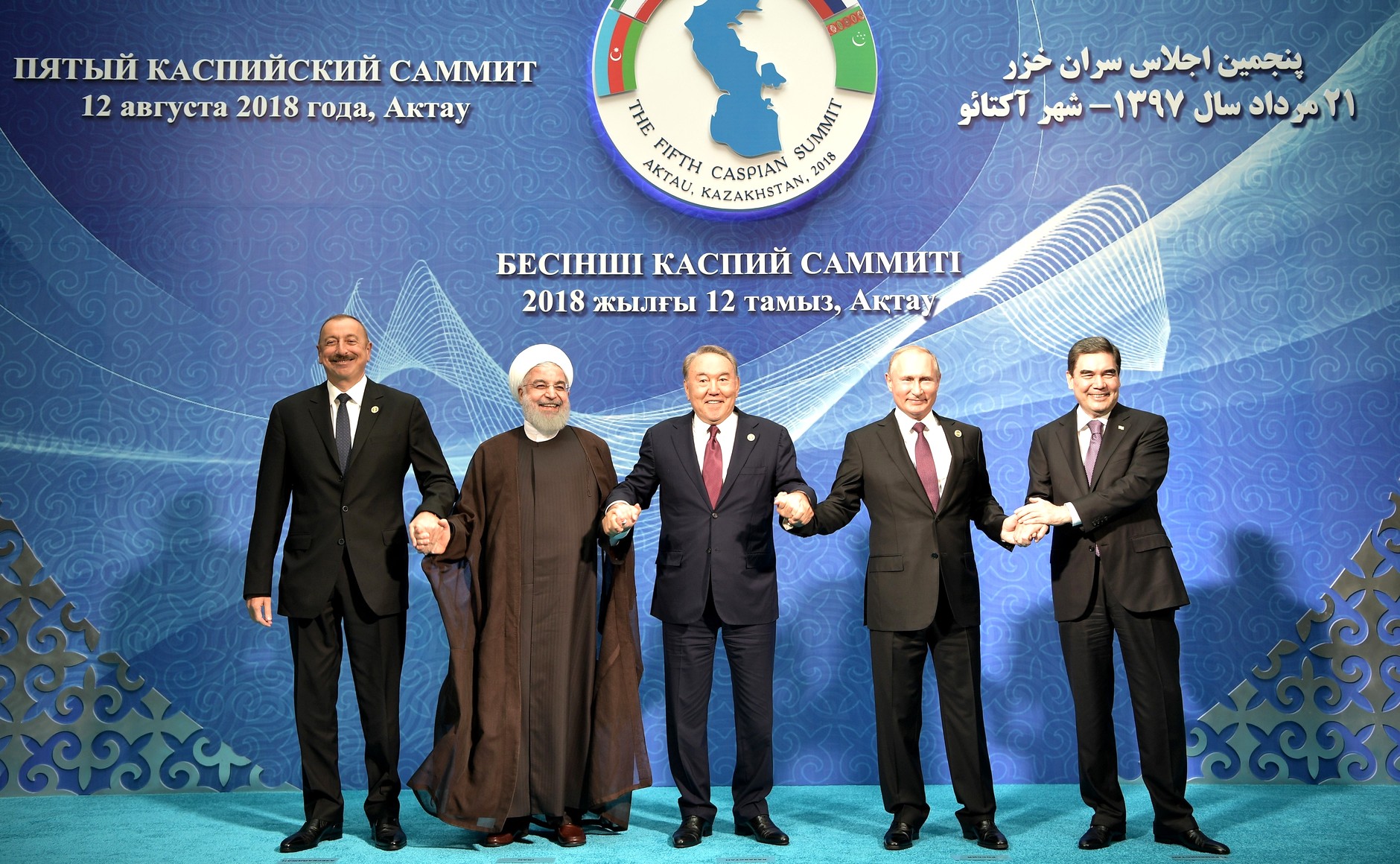
Caspian Summit: Consequences for the Region
Five Caspian states – Russia, Iran, Azerbaijan, Kazakhstan, and Turkmenistan – have adopted a convention on the legal status of the Caspian Sea. The deal officially ended a 22-year-old impasse as all interested countries finally managed to reach a consensus. Nevertheless, the document has yet to be ratified and it does not fully resolve disputes over the division of the reservoir.














